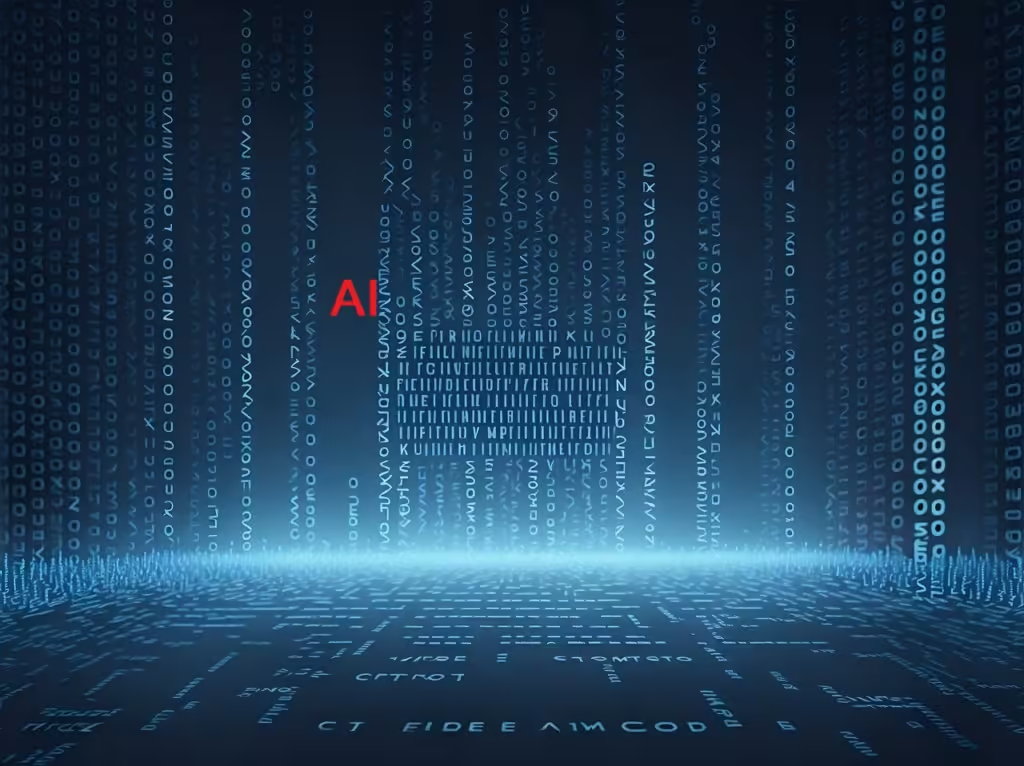Artificial Intelligence (AI) is a rapidly evolving technology, that influences various aspects of our daily lives and industries. AI refers to machines or systems designed to perform tasks that would typically require human intelligence, such as understanding language, recognizing patterns, solving problems, and making decisions. This blog explores what AI is, its key benefits and disadvantages, and the impact it has on human life.
What is AI?
AI is a branch of computer science that aims to create machines capable of mimicking human intelligence. By using algorithms, machine learning models, and neural networks, AI systems can process large amounts of data and make decisions or predictions based on that data.
AI comes in two main types:
- Narrow AI: Focuses on performing a single or limited range of tasks, such as voice assistants, language translation, or recommendation systems. Narrow AI operates within predefined parameters.
- General AI: A hypothetical form of AI that would be capable of performing any intellectual task a human can do. This type of AI doesn’t exist yet but represents the ultimate goal of many AI researchers.
Benefits of AI
AI offers numerous benefits across a wide range of applications and industries. Some of the key advantages include:
1. Automation of Routine Tasks
AI can handle repetitive, mundane tasks with precision, leading to increased efficiency in business operations. By automating processes in areas such as manufacturing, customer service, and logistics, organizations can save time and reduce human error.
2. Enhanced Decision Making
AI excels at analyzing massive datasets quickly, allowing for better and more accurate decision-making. In industries such as finance and marketing, AI-driven tools help businesses predict trends, assess risks, and make strategic decisions.
3. Improved Healthcare Solutions
In healthcare, AI is revolutionizing diagnostics and treatment. AI-powered systems can analyze medical images, detect diseases early, and assist doctors in personalizing treatment plans. AI is also playing a vital role in drug discovery, speeding up research and development.
4. Personalized Experiences
AI helps deliver personalized experiences, particularly in customer service and entertainment. Recommendation engines in streaming services and e-commerce platforms suggest relevant products and content based on user preferences and behaviors.
5. Advancements in Transportation
Self-driving vehicles, AI-enabled traffic management systems, and drones are reshaping the transportation industry. These AI applications can lead to fewer accidents, optimized traffic flow, and more efficient delivery systems.
Disadvantages of AI
Despite its advantages, AI comes with several challenges and potential downsides. Here are some of the most significant disadvantages:
1. Job Losses
AI-driven automation is expected to replace jobs that involve repetitive tasks, especially in industries like manufacturing, customer service, and retail. While AI creates new roles in fields like data science and machine learning, many workers may need to reskill to remain employable.
2. Bias and Ethics Concerns
AI systems can perpetuate biases present in their training data. When AI is used in critical areas like hiring, criminal justice, or lending, biased algorithms can result in unfair treatment. Additionally, concerns about privacy and data misuse have emerged as AI systems require vast amounts of personal data to function.
3. Cost of Implementation
Building and deploying AI systems can be expensive, especially for small businesses. The development and integration of AI require specialized knowledge, infrastructure, and ongoing maintenance, making it a costly endeavor for many organizations.
4. Over-reliance on Technology
AI can foster a dependency on technology, reducing human involvement in decision-making processes. This could potentially lead to a decrease in critical thinking and creativity, particularly in industries where human insight and judgment are essential.
5. Security and Privacy Risks
AI systems, especially those connected to the internet, are vulnerable to cyber-attacks. AI tools can be exploited by hackers to access sensitive data, manipulate algorithms, or conduct sophisticated cybercrimes, raising concerns over AI’s role in cybersecurity.
Impact of AI on Human Life
AI is reshaping how we live, work, and interact with the world. Here’s how AI impacts human life:
1. Changes in the Workforce
AI is transforming the job market by automating tasks, creating demand for new skills, and driving innovation. While certain jobs are at risk of disappearing, new opportunities in AI development, data analytics, and cybersecurity are emerging. Workers must adapt to the shifting landscape by acquiring new skills and embracing lifelong learning.
2. AI in Education
AI enhances learning experiences by personalizing educational content and providing tools for adaptive learning. AI-powered systems can help educators tailor lessons to individual student needs, making education more accessible and effective. Virtual tutors and intelligent learning platforms are already becoming a reality.
3. Healthcare Revolution
AI is making healthcare more precise and efficient. From AI-driven diagnostics and robotic surgeries to virtual health assistants, AI is empowering healthcare providers to offer faster and more accurate care. AI’s potential in predicting and managing diseases is expected to improve overall public health outcomes.
4. Media and Entertainment
AI helps personalize the entertainment industry by recommending music, movies, and shows based on individual preferences. AI-generated art, stories, and music are opening new creative possibilities, allowing users to interact with media in novel ways.
5. Smart Living
AI is enhancing daily life through smart home technologies, from AI-powered thermostats and security systems to virtual assistants that help manage schedules. AI improves convenience, efficiency, and safety in everyday tasks, making our homes more intelligent and adaptive.
Conclusion
AI is a transformative technology that offers tremendous potential to enhance efficiency, decision-making, and innovation across sectors. However, it also presents challenges, including job displacement, ethical concerns, and security risks. As AI continues to evolve, its impact on human life will deepen, requiring careful consideration of how to maximize its benefits while addressing its drawbacks.
For society to thrive in an AI-driven future, striking a balance between technology and human values is essential.
